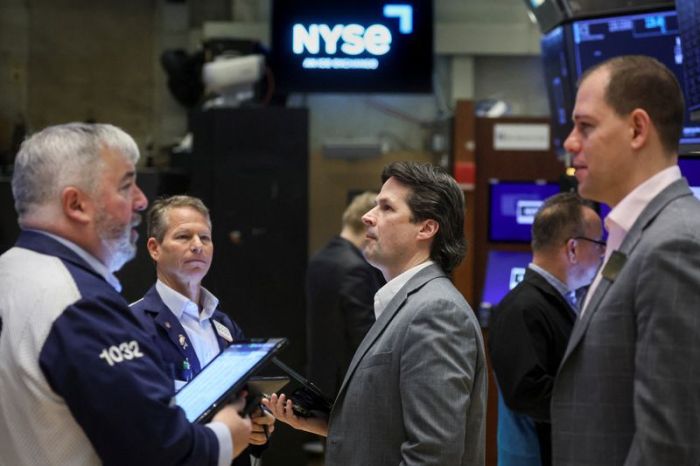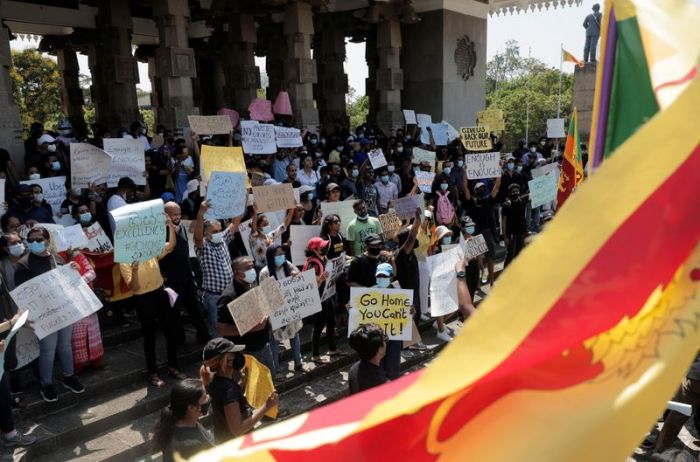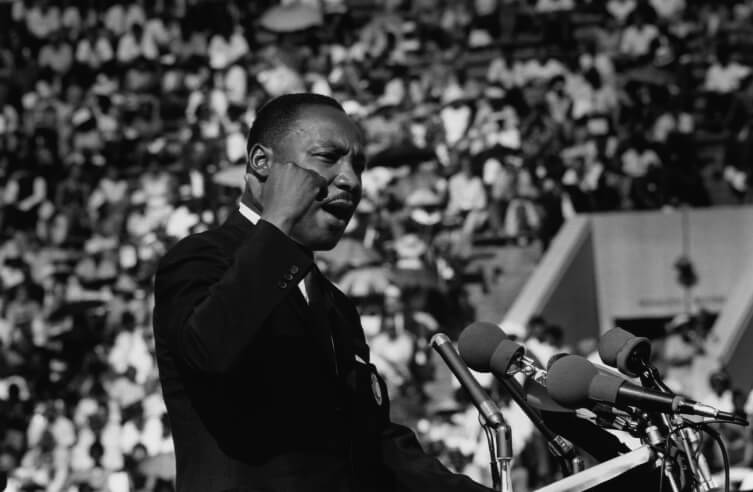LONDON (Reuters) -British singer Ed Sheeran said baseless copyright claims were damaging the music industry after he won a case at the High Court in London on Wednesday over whether a refrain in his 2017 mega hit “Shape Of You” had been lifted from another artist.
Sheeran had been involved in a legal battle with grime artist Sami Chokri, who performs as Sami Switch, and music producer Ross O’Donoghue, who had argued the hook from “Shape of You” had been copied from their 2015 song “Oh Why”.
“Whilst we’re obviously happy with the result I feel like claims like this are way too common now and it’s become a culture where a claim is made with the idea that a settlement will be cheaper than taking them to court, even if there’s no basis for the claim,” Sheeran said in a video posted on Twitter.
“It’s really damaging to the songwriting industry.”
“Shape Of You” became the best-selling digital song worldwide in 2017 and has received more than 5.6 billion views on YouTube.
The judge, Antony Zacaroli, concluded there was no evidence that Sheeran had thought of writing the hit before October 2016.
He said he had analysed the song’s musical elements and found that there was “compelling evidence that the ‘OI (Oh I) Phrase’ originated from sources other than ‘Oh Why'”.
“While there are similarities between the ‘OW (Oh Why) Hook’ and the ‘OI (Oh I) Phrase’, there are also significant differences,” the judge concluded.
“I am satisfied that Mr Sheeran did not subconsciously copy ‘Oh Why’ in creating ‘Shape’.”
Shortly after the verdict, Chokri posted a video on Instagram of two people swimming in the sea with the caption: “Through despair I found an instant highway to gratitude.
“I am rich, of love, friends and family. This is the beginning not the end.”
‘COINCIDENCE BOUND TO HAPPEN’
Sheeran had faced lengthy questioning about his work during last month’s trial, with accusations from the lawyer for Chokri and O’Donoghue that he simply altered other artists’ music and words to pass their work off as his own.
The singer said he always credited other artists and told the court he had never heard the “Oh Why” song he was accused of ripping off.
“There’s only so many notes and very few chords used in pop music, coincidence is bound to happen,” Sheeran said on Wednesday.
“I just want to say: I’m not an entity, I’m not a corporation, I’m a human being and a father and a husband and a son. Lawsuits are not a pleasant experience and I hope that this ruling means in the future baseless claims like this can be avoided.”
Legal proceedings between the two parties date back to 2018 when Sheeran and co-writers Steven McCutcheon and John McDaid asked the High Court to declare they had not infringed Chokri and O’Donoghue’s copyright for “Oh Why”. Chokri and O’Donoghue later filed a counterclaim alleging infringement.
“It is a very significant decision. There have been a number of cases that are being brought by smaller artists against some of the larger, well-known artists,” Mike Gilbert, Partner at intellectual property firm Marks & Clerk, said.
“I think this case may draw a little bit of a line in the sand to really make people think about whether it is worth bringing claims of copyright infringement against some of the well-known artists, particularly in circumstances where those artists…are very aware of the obligations that they have to give credit where credit is due.”
(Reporting by Michael Holden; Additional reporting by Marie-Louise Gumuchian; Editing by Kate Holton and Alex Richardson)























